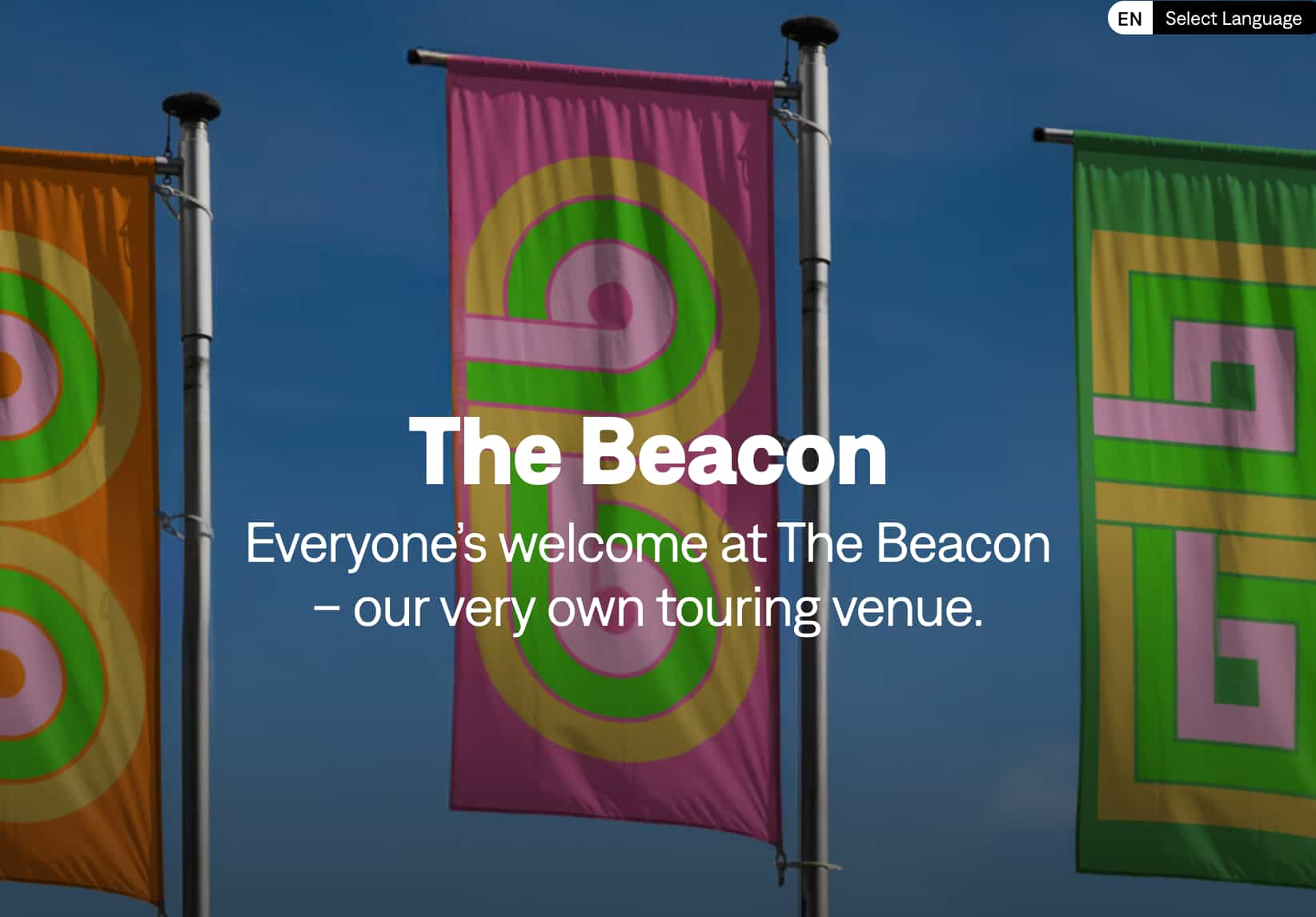Before the Covid-19 pandemic, the creative industries directly supported more than 1 in 10 UK jobs and with the right investment they could create 300,000 new jobs and contribute £132.1bn annually to the UK economy by 2025.
These figures come from a new analysis by Oxford Economics, published by the Creative UK Group, formed by the union of Creative England and the Creative Industries Federation, into the economic value generated by creative organisations across the wider UK economy.
It makes the case to "invest in creativity" with a 20 per cent rise in spend and investment to realise the growth potential of the creative industries in a post-Covid recovery.
Prior to Covid, the creative industries directly contributed an estimated £115.9bn Gross Value Added (GVA) to the UK in 2019 with Oxford Economics estimating that these industries generated an additional £62.1bn across their supply chains.
In addition, while directly accounting for 2.1m jobs prior to the pandemic, the creative industries supported a further 1.4 million supply chain roles, making a combined employed footprint of 3.5m, or more than 1 in 10 UK jobs.
However, UK creative industries are estimated to have lost 110,000 jobs and £12bn in GVA in the pandemic to date.
Some of the worst hit creative sectors, such as museums, galleries and libraries, were estimated to have brought £4.40 to the neighbouring economy for every £1 they directly generated in normal times.
Despite government support packages and the innovation and resilience of creative organisations adapting business models to the circumstances of the pandemic, freelances and and areas such as Wales and the North East have been particularly affected by losses of income and jobs.
Creative industry jobs losses are expected to continue in 2021, but the report argues that measures can be taken to revive the creative jobs market across all parts of the UK, and avoid some regions being left behind in the recovery.
It estimates that 300,000 new creative jobs could be created if the government shows the way by investing in the creative industries to help regenerate places, future-proof jobs, and tackle social problems.
Launching the report, which features contributions from diverse figures across industry, central and local government, and academe, Caroline Norbury MBE, CEO, Creative UK Group, said:
"This has huge ramifications for the UK because the creative industries don’t just make themselves money, they support whole swathes of the UK economy. The government’s levelling up agenda cannot succeed without creativity."
"With ambitious investment, the creative sector can rebuild faster than the UK economy and make a major contribution to the country’s post-pandemic recovery. We are money makers, job creators, innovators and problem solvers. We can reshape this country’s future for the better, but to realise our ambitions for tomorrow, we must invest in creativity today.
"We are not asking for handouts. We are asking for meaningful, targeted investment in creative ideas, creative industries and creative skills, that can unlock the incredible potential of the creative sector to kickstart our country’s recovery, and that will be repaid many times over."
To accompany the report, the Creative UK Group has launched the #WeAreCreative campaign, encouraging creative people and businesses to show their power and potential to MPs and government officials on social media.
https://wearecreative.uk/
Image source: Creative UK Group.




